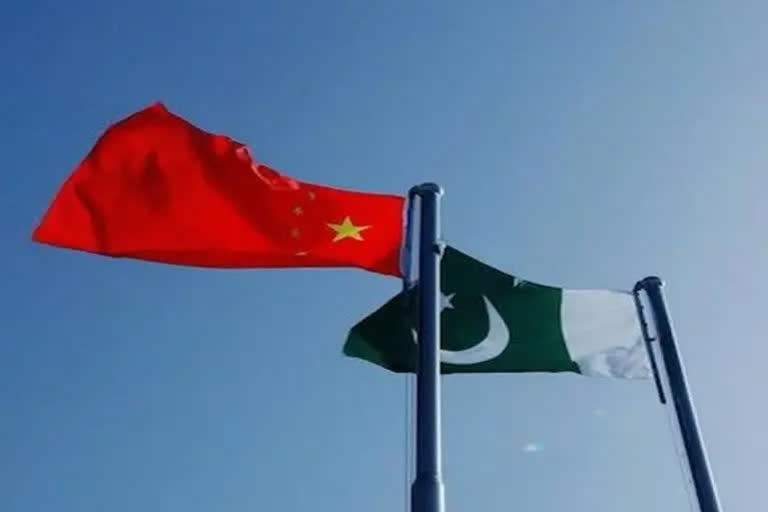Beijing: A wary China on Sunday kept a close watch on the rapid political developments in Pakistan - its all-weather ally - after the Parliament in Islamabad was dissolved over Prime Minister Imran Khan's allegation that there was an American hand behind the Opposition parties no-confidence motion against him.
While there is no official comment here yet, the state-run media highlighted Khan's allegations of US hand behind the opposition no-confidence motion against him, which was cited as a reason by Qasim Khan Suri, deputy speaker of Pakistan's National Assembly, to reject the opposition's no-confidence motion against the government.
State-run Xinhua reported the political drama unfolding in Islamabad leading to Pakistan President Arif Alvi approving Khan's recommendation for the dissolution of the Parliament. Xinhua report highlighted Khan's remarks that a foreign power hatched a conspiracy to remove his government through a no-confidence motion against him, and the deputy speaker of the lower house rejected the motion because the nation cannot let such kind of conspiracies succeed.
In the run-up to the tabling of the no-confidence motion by the opposition, China has appealed to all the political parties to close ranks in the interest of stability and development. "China always follows the principle of non-interference in other country's internal affairs," Chinese Foreign Ministry spokesman Wang Wenbin said on March 31 when asked whether Beijing was concerned over Khan's potential defeat in the Parliament and the impact of leadership change on the China-Pakistan close ties.
"As Pakistan's all-weather strategic cooperative partner and friendly neighbour, China sincerely hopes that all parties in Pakistan can maintain solidarity and jointly uphold development and stability," he said.
Observers here say that China may not be unduly concerned about the crisis as Beijing sees the Pakistan military as the cornerstone of its ironclad ties with Islamabad.
